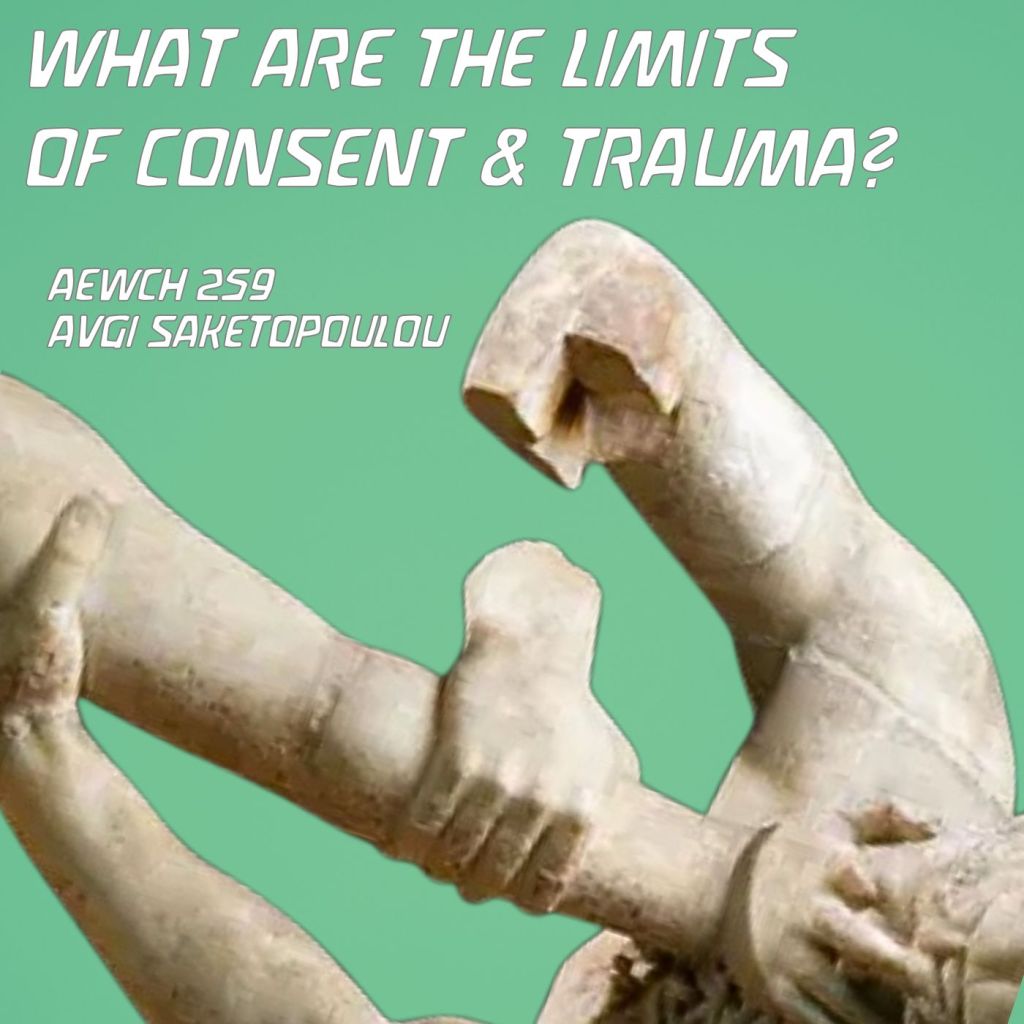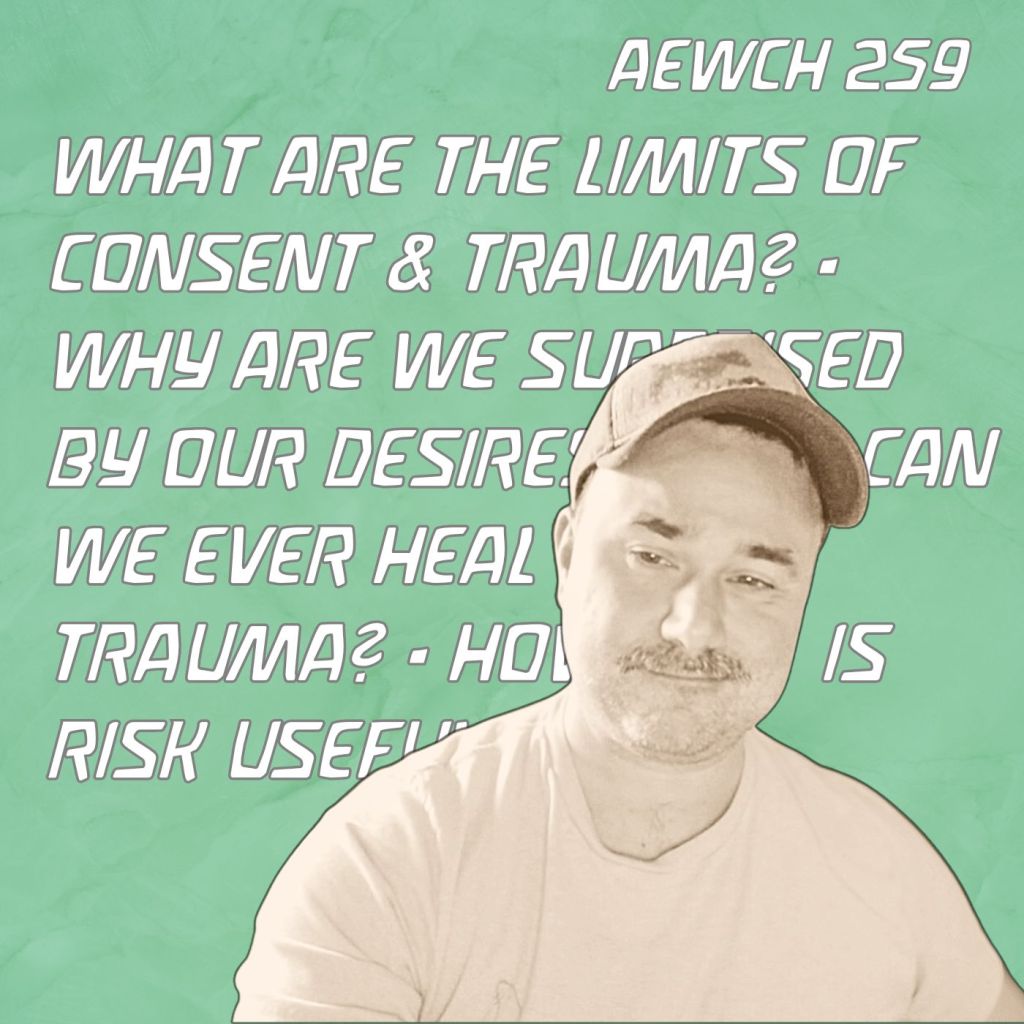LISTEN VIA SOUNDCLOUD ABOVE OR: Apple Podcasts • Spotify • Breaker
Dear friends: Does this podcast offer you inspiration?
If so, do support the show on patreon.
Give a one-time annual or monthly pledge to Patreon.com/connerhabib to connect to and give economic life to something you find value in. Thank you.
Also, please do subscribe to the show, give it a 5 star rating and warm review on Apple Podcasts.
You can also buy my novel Hawk Mountain (and give it 5 star rating and a positive review on Goodreads!)
Friends,
This is the fourth episode in a series of episodes on science and how science intersects with our lives in surprising ways. These episodes are not “scientific” episodes per se, but they aren’t scientistic either. Each one is an exploration of what science can bring into our lives. The series started with AEWCH 260, on which I talked with Marjolijn van Heemstra about connecting with the expansiveness of space to understand the challenges we face today. Then on AEWCH 261, I talked with bear biologist and the Tooth & Claw podcast co-host Wes Larson about our fascination with animal attacks. And on AEWCH 262, I talked with culture and nature philosopher, Erica Berry about what wolves can teach us about being human.
This episode is one from the archives… sort of. I do a deep dive on the scientist, outsider political theorist, psychoanalyst, and criminal, WILHELM REICH. Reich was banished from both psychoanalytic and Marxist circles, even as he made huge contributions to both. He was a scientist who was considered unscientific, yet threatening enough to have his papers seized by the US goverment – in a strange collaborative with Stalinists.
He was a true scientific rebel. This episode combines a conversation I had with Dr. James Strick, Program Chair of Science, Technology and Society at Franin & Marshall College on AEWCH 59 in 2019. And one of my informal “Against Saturdays” mini-episodes about Reich. That mini-episode is no longer available, but I’ve included it here at the top of this ep. Both parts serve as introductions to and explorations of Reich’s work, and its importance for our time.
The reason I decided to include Wilhelm Reich as a topic in this series on science is that I wanted to look at someone who really tried to push science forward with their work; to practice science in a sense, at its most pure. Reich’s work took nothing for granted, but in fact aimed itself at every proposition we accept as true without interrogation. With his sexological experiments, his experiments on energy and in medicine, his lab work on where life comes from, and what arousal is… he was radical in a way that was eventually found to be intolerable by the powers that be.
His work lives on in many ways. Some examples: in family abolition movement, which draws from his culture-changing scrutiny of the nuclear family and how it affects the political realm; in radical psychoanalysis movements; in the sex positive movement; in integrative body work and bioenergetics; in the way we understand personality construction
But his work still hasn’t had its full breakthrough in terms of how energy and excitation and libido work, in orgonomics, in how repression and fascism are connected, and more. But we are slowly slowly, it seems catching up to him, as I hope this episode demonstrates.
Rather than do yet another intro to Reich here, I’ll just let you get into this episode, first with me giving a plain language explanation of Reich’s theories, then a more in-depth discussion with Dr. James Strick.
So happy to share this episode with you!
RESOURCES ON WILHELM REICH
There are lots of books by and on Reich, so it’s good to have the right start. The best place to get your bearings, if you can swing it, is a guided tour of the Wilhelm Reich Museum in Maine. You can also watch the documentary film, Love, Work, and Knowledge.
BOOKS ABOUT REICH
The Orgone Accumulator Handbook: Wilhelm Reich’s Life-Energy Discoveries and Healing Tools for the 21st Century, with Construction Plans by James DeMeo
Wilhelm Reich, Biologist by James Strick
Wilhelm Reich in Hell by Robert Anton Wilson
BOOKS BY REICH
The Function of the Orgasm
The Mass Psychology of Facism
The Murder of Christ
Reich Speaks of Freud: Wilhelm Reich Discusses His Work and His Relationship with Sigmund Freud
Sex-pol: Essays, 1929-1934


















 Friends,
Friends,
 • Here’s a quick review of
• Here’s a quick review of 

